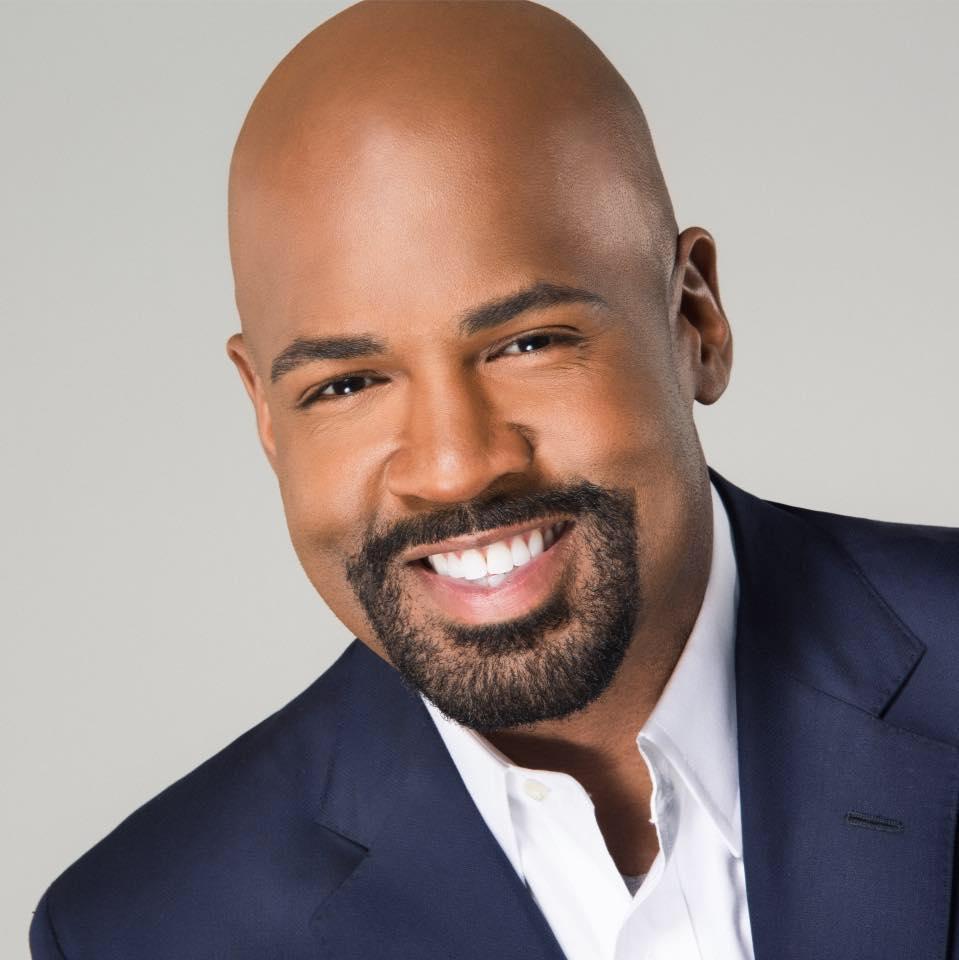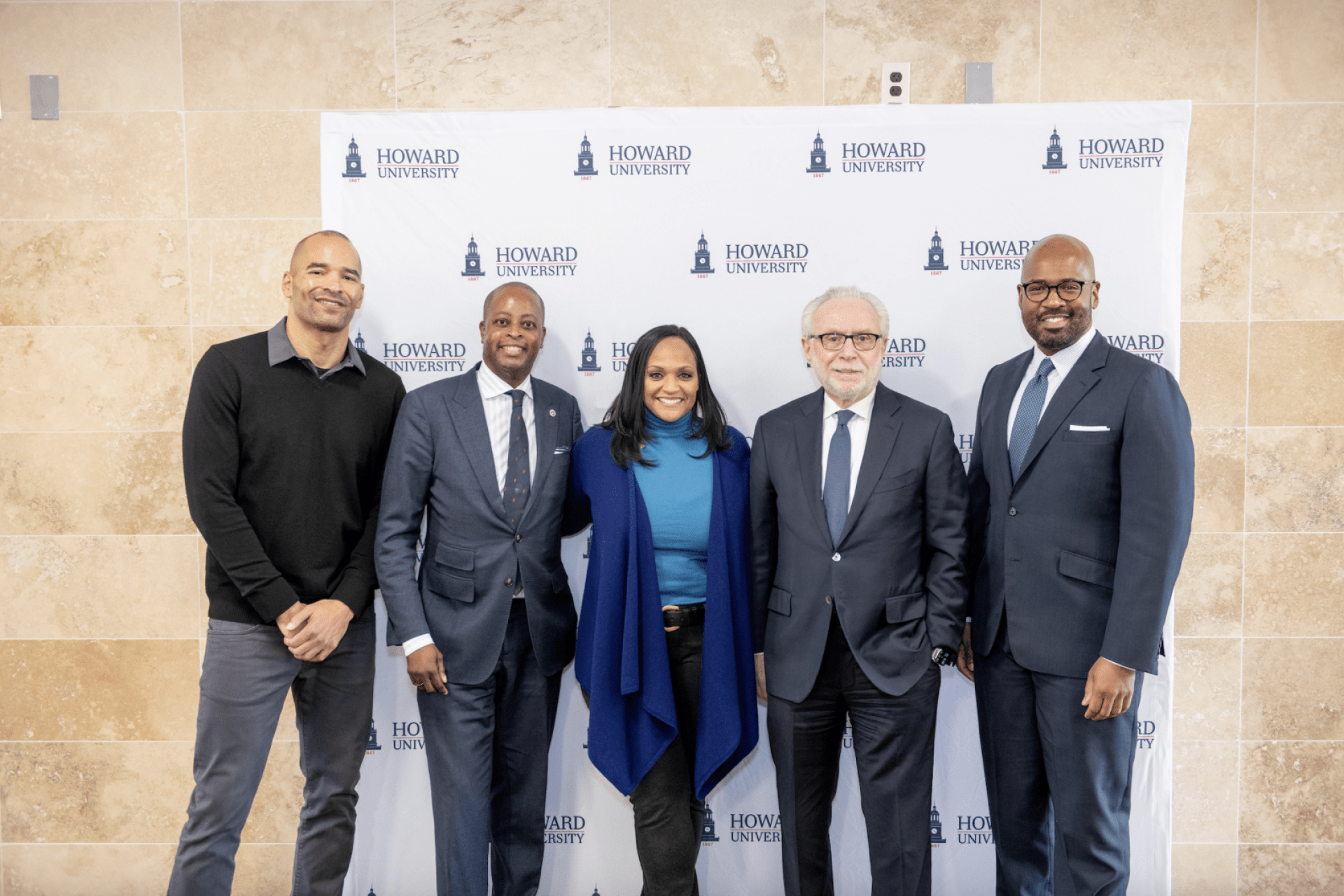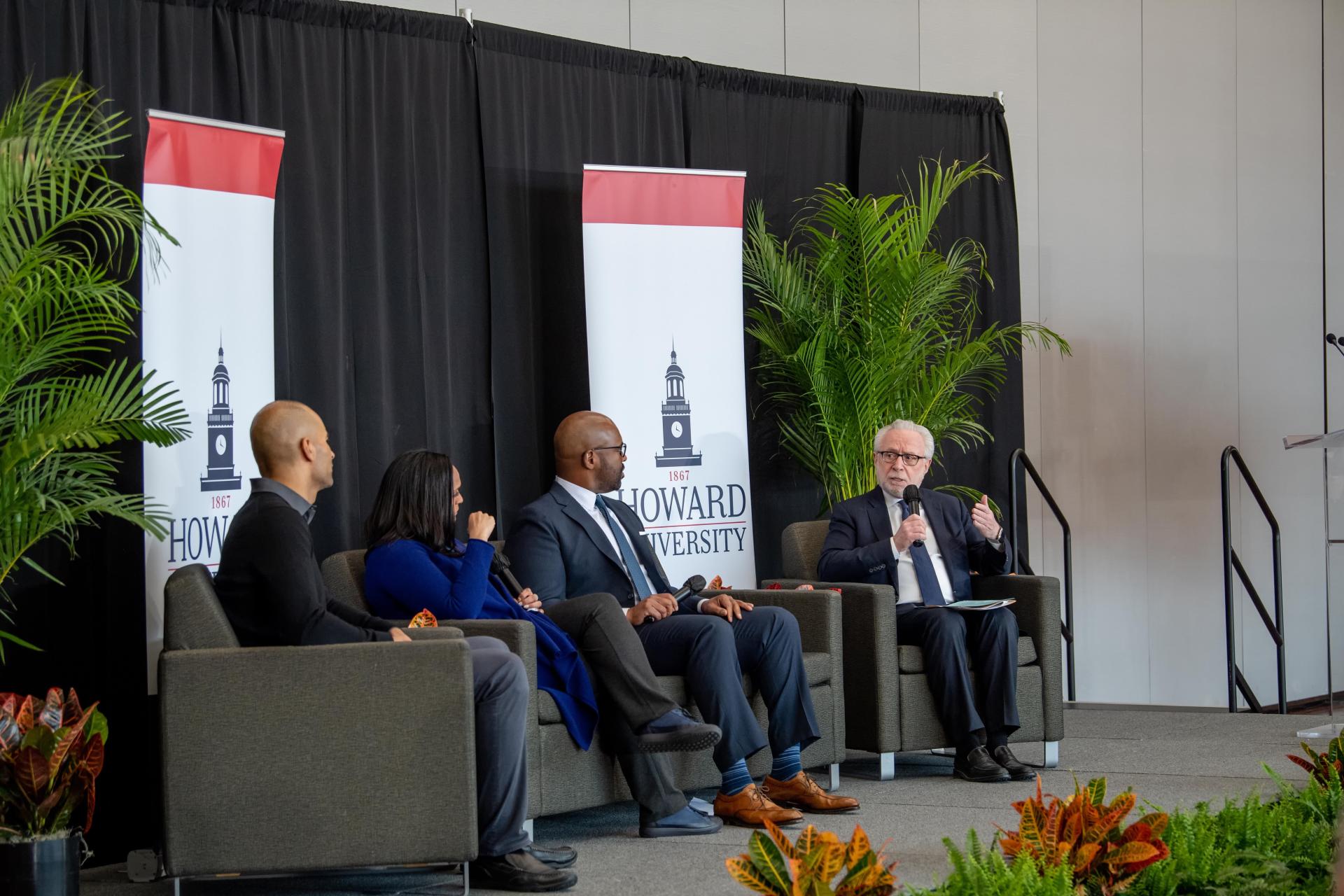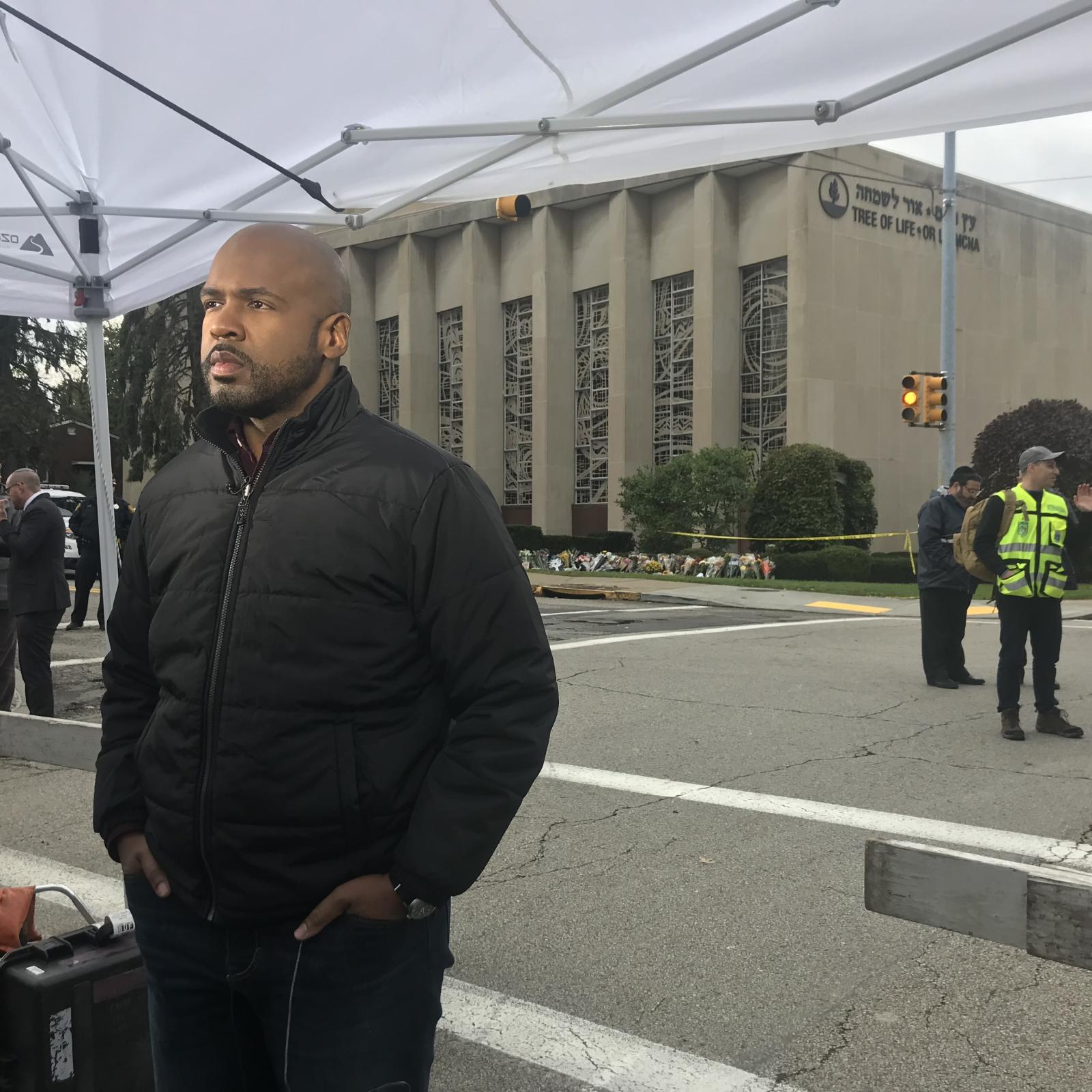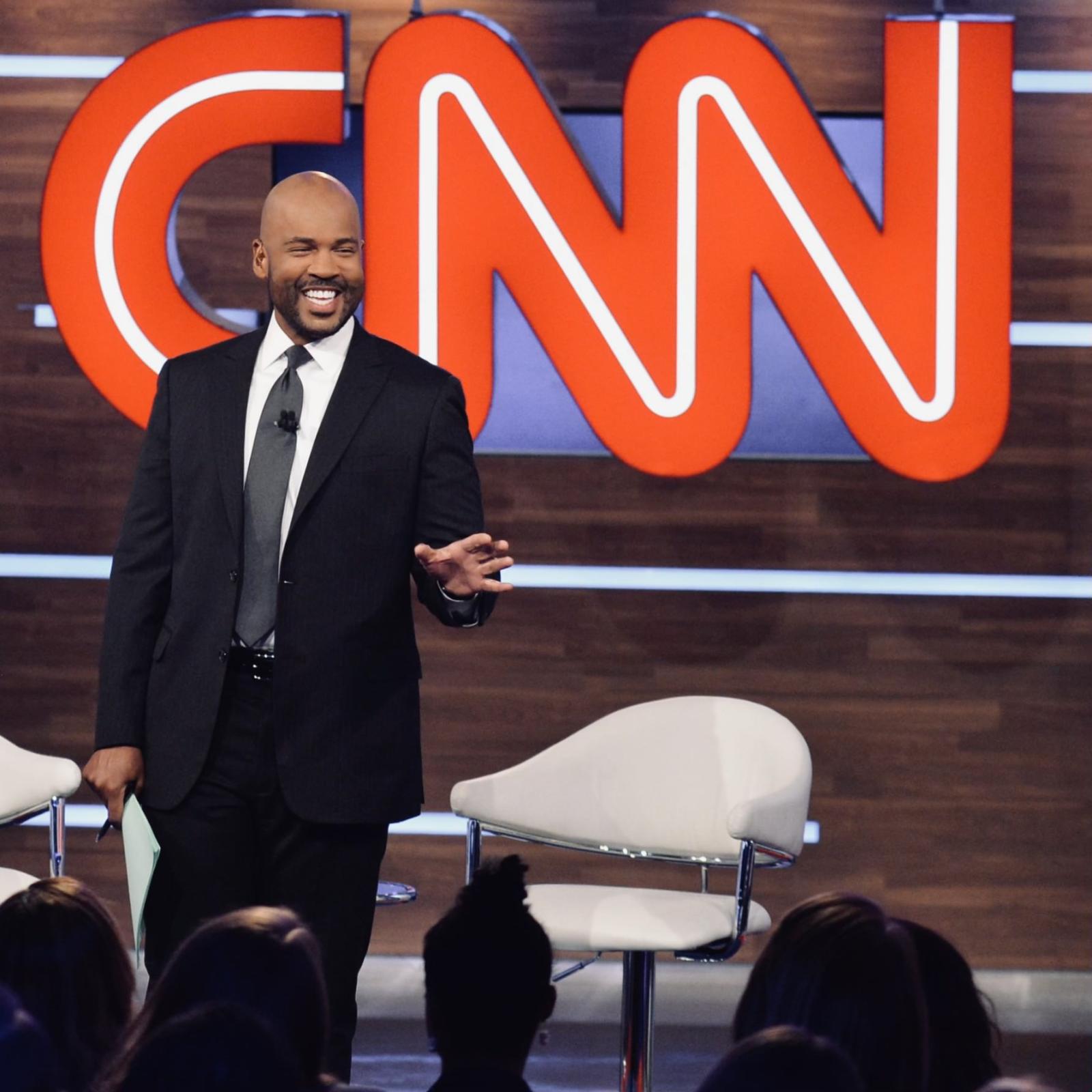Victor Blackwell (BA ’03) found his first footing in broadcasting at Howard University’s WHUT news station. This year, he’ll celebrate a decade at the media behemoth CNN and a return to the beloved city of Atlanta.
“Work life was fine, but I missed the family that I built [in Atlanta] here,” says Blackwell, who left CNN’s New York office and now co-anchors CNN This Morning Weekends with Amara Walker at the Atlanta station.
With a focus on living a full life of both community and news commentary, Blackwell’s personality shimmers as bright as his on-camera skills, making him the award-winning journalist that brings his full self to the world and invites viewers to do the same.
A Baltimore native, a Howard grad, and a gay, Black man, Blackwell discusses the importance of identity and how, at the intersections of gender, race, and sexuality, he has found himself more comfortable than ever.
“It’s that authenticity, it’s that truth, that genuineness that will make you different and make you stand out and be the best at what you do,” he says.
I think people know their truth, but we should be careful to create an environment that allows them to live it, to speak it, to say it.”
In February, Blackwell returned to The Yard where he and fellow CNN colleagues Wolf Blitzer and Stephanie Elam discussed their experiences as media professionals ahead of the 2024 election cycle in the Careers & Conversations two-part panel series.
Article ID: 1476




